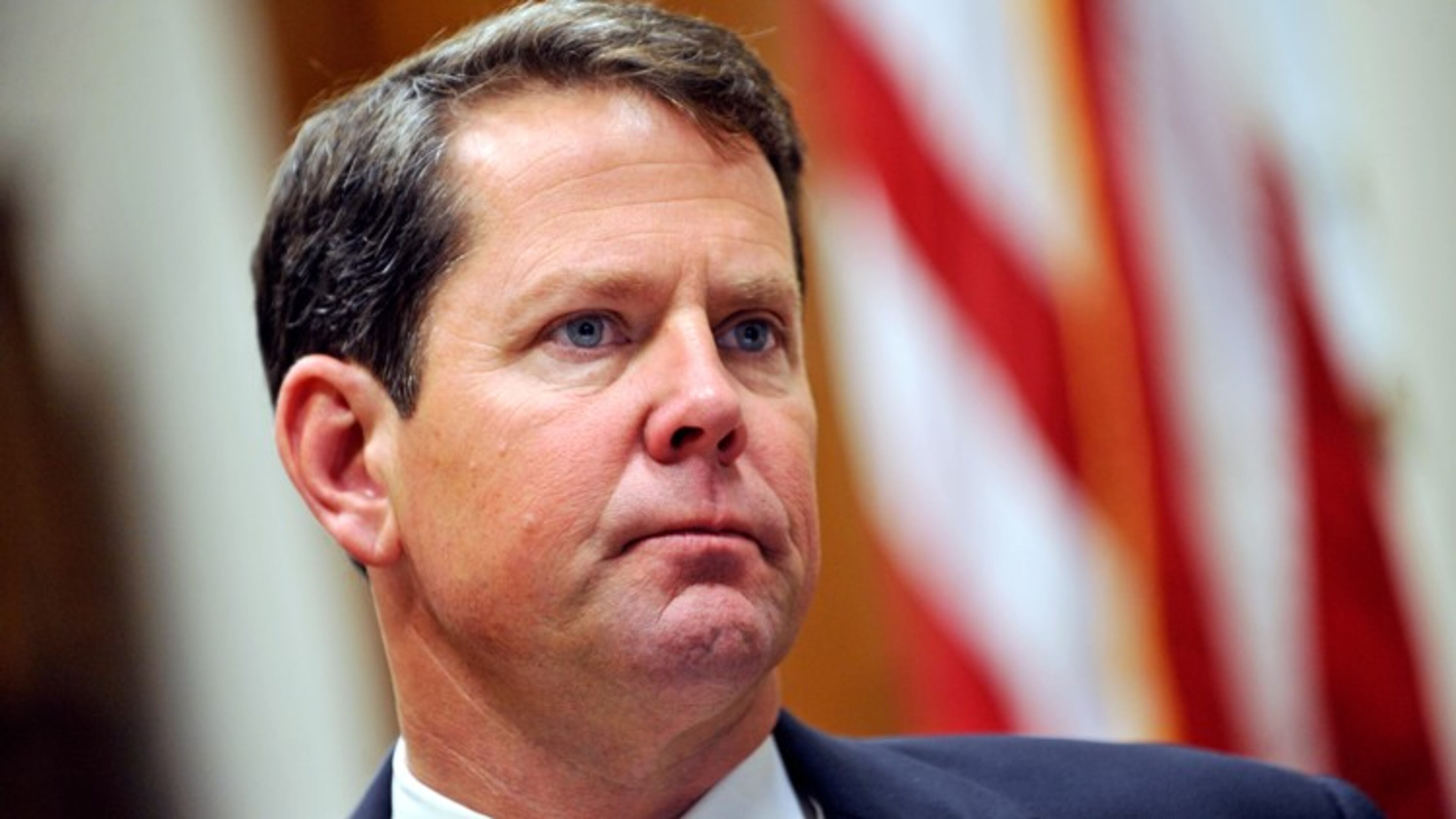Opinion: Rhetoric can’t heal the sick

Somewhere along the line, political consultants must have told Republicans that “patient-centered health reform” polled well among voters concerned about health care, because they’ve been using the phrase like some people use hot sauce, applying it to just about everything.
For example, if you ask whether the GOP has a plan for extending health insurance to those unable to afford it, you might hear:
“We’re going to create a patient-centered health-care system that will make insurance much more available.”
And what about rural hospitals that are closing their doors because they don’t have enough paying, insured customers? In the Seventh Congressional District held by Rob Woodall, for example, some 135,000 Georgians go through their lives without the benefit of health coverage, according to the U.S. Census Bureau. How should we address that?
“Well, under our patient-centered health-care plan, we can ensure that rural hospitals continue to play their critical role in our communities.”
The appeal of the phrase is understandable: Who wants health care that isn’t patient-centered? But in terms of actual policy, “patient-centered health care” is empty. It is lingo substituting for program, allowing listeners to hear whatever they want to hear, and that’s just the point.
For example, back when Republicans up in Washington were still promising to both repeal and replace Obamacare with plans that would cover even more people at even lower cost, then-U.S. Rep. Tom Price could barely utter a sentence that didn’t include the phrase in question. Sure, GOP plans such as Price’s “Empowering Patients First Act” would have left tens of millions of Americans uninsured and would have stripped protections from those Americans with pre-existing conditions, but hey, at least it was “patient-centered," whatever that meant.
The phrase continues to pop up even now. These days, you can find it over and over again on the website for Brian Kemp, the GOP nominee for governor, under the heading “Brian Kemp’s Patient-Centered Health System Proposal.”
“As governor, Kemp will create a patient-centered health system that’s right for Georgia,” it tells us. “I have a better plan, a patient-centered system that's right for Georgia — not California. Above all, I will put patients first."
Again, I have no idea what “putting patients first" means in terms of actual public policy. I do know that it does not include expanding Medicaid to provide health insurance to the hundreds of thousands of working, lower-income Georgians now living without it. It also does not include a plan of sufficient scale or scope to address the crisis in rural health care, which can’t be resolved unless doctors, nurses and hospitals in those communities have some way to be compensated for their work.
To be fair, Kemp’s plan does include a potentially useful proposal to keep health-insurance premiums lower through a form of reinsurance. Without going into technical details here, several other states have already implemented such an approach, and the results look promising.
However, Kemp doesn’t mention that reinsurance plans in those other states rely upon hundreds of millions of dollars in federal funding through Obamacare, the very program that he professes to despise as socialism. You also have to question his sincerity, since Kemp supports an ongoing legal challenge to Obamacare, filed by Republican state attorneys general, that if successful would make his reinsurance proposal impossible.
That doesn't sound "patient-centered" to me.
